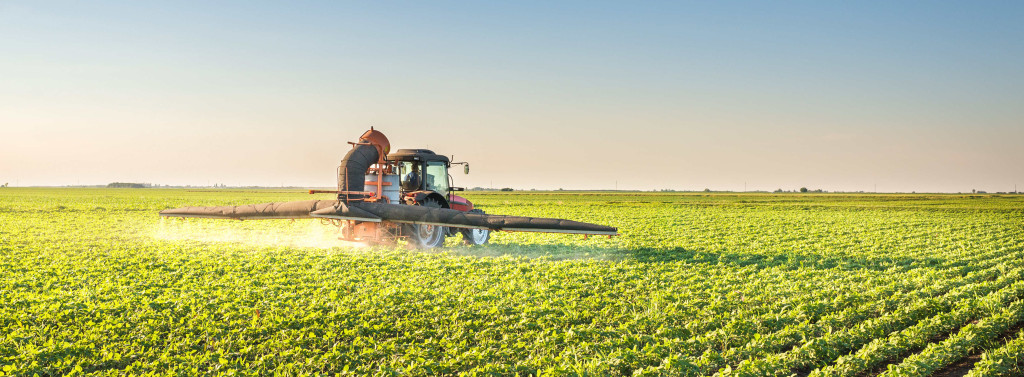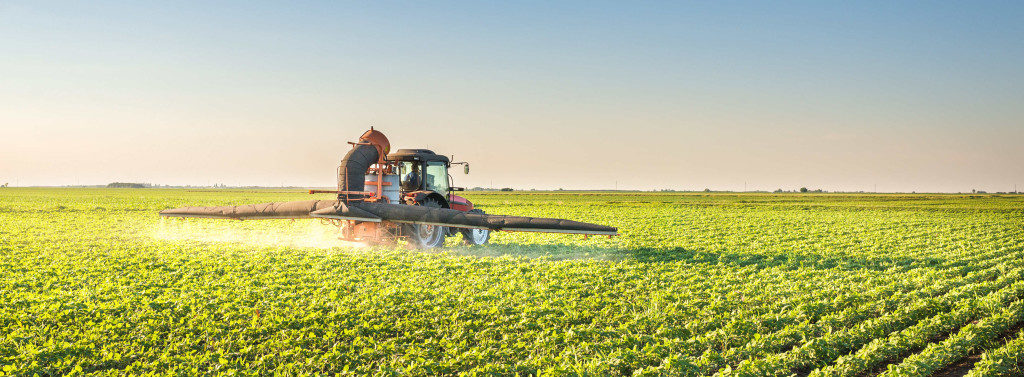
In today’s talking points: An analysis of the Chinese fertiliser market; Recovery of dairy prices nears peak; Crop yields could be increased by discovery of hormones in legumes; Wasps replace pesticide on sugarcane farms in the Guanxi Zhang region
An analysis of the Chinese fertiliser market
China is self-sufficient and an exporter in Nitrogen and Phosphate fertilisers while being a net-importer of Potash fertilisers. For the fertiliser market itself, China is moving towards a zero growth policy, aiming to reach zero growth in using agricultural chemicals by 2020. It includes chemical fertilizers and pesticides used for agriculture in China. The zero growth policy targets Nitrogen and Phosphate but leaves room for the growth of Potash fertilisers. China plans to replace chemical fertilizers with organic fertiliser comprised of decomposed manure, compost and crop residue. Industrial scale use of organic fertilisers are yet to be seen. The zero growth policy may lead to a drop in export of Nitrogen and Phosphates.
Read more at: Market Realist
Recovery of dairy prices nears peak
Despite strong Chinese demand and a butter shortage, the global dairy market is reaching equilibrium with supply about to outpace demand. Latest global analysis by Rabobank predicts dairy prices may have peaked in the current cycle, just as big exporters Australia and New Zealand ramps up production in the warmer seasons. Australian dairy farmers ended 2016-17 producing more milk than expected for the financial year, while New Zealand started the new season with a big lift on last year’s production figures. Chinese demand is expected to maintain across 2018, although it would grow at a slower pace than before.
Read more at: Farm Weekly
Crop yields could be increased by discovery of hormones in legumes
The discovery of a group of CLE Peptide hormones in legumes could improve yields due to their functions in growth and development. The hormones act as a messenger between the root and the stem by delivering signals indicating what is needed for continual growth. This could include a message about the surrounding soil and its components. The study done by Queensland University and the University of Sydney aims to manipulate these hormones to effect the plant development, with a goal to ultimately optimise food stability. A Senior Lecturer at the Centre for Integrative Legume Research Dr. Brett Ferguson believes that this discovery could even apply to other forms of plants and animals that have been shown to have the Peptide hormone.
Read more at: ABC
Wasps replace pesticide on sugarcane farms in the Guangxi Zhuang region
Farmers in the Guangxi Zhuang autonomous region of Nanning have reduced the use of pesticides by alternatively using a species of wasp called the Trichogramma chilonis to fight against sugarcane borers. The use of wasps in over 200 000 hectares of sugar cane fields over the past seven years has not only resulted in pesticide use being reduced by 300 metric tons since 2011, but also in an increased sugarcane yield. This biological measure is a green alternative to using pesticides and contributes to China’s goal of having zero increase of pesticide use in farming by the year 2020.
Read more at: China Daily

